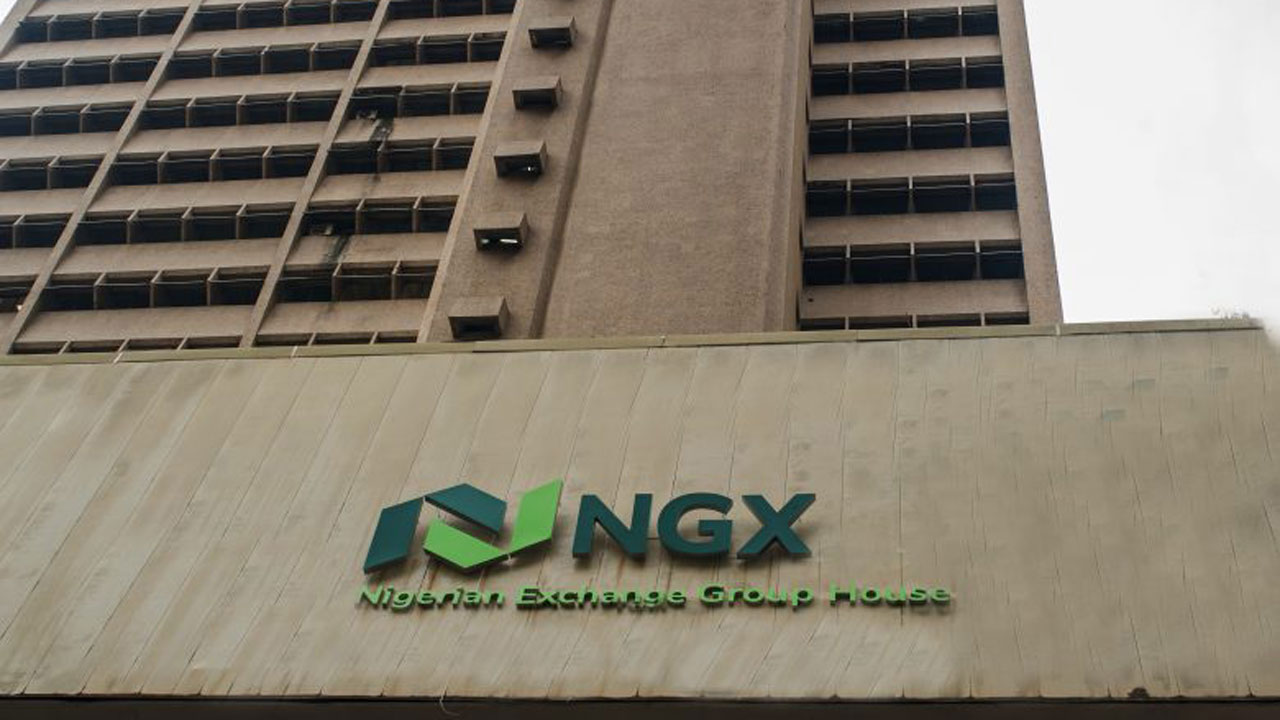The Central Bank of Nigeria (CBN) yesterday sustained its intervention in the foreign exchange (forex) market by injecting the sum of $339.89 million in the Retail Secondary Market Intervention Sales (SMIS).
The Acting Director, Corporate Communications, CBN, Mr. Isaac Okorafor, who disclosed this in a statement, noted that the continued interventions were in line with the pledge made by the Governor, Godwin Emefiele, to sustain market liquidity in order to boost production and trade.
According to Okorafor, the feedback from the wholesale and retail segments of the Nigerian forex markets showed that customers were satisfied with their level of access to foreign exchange.
He also assured Nigerians that the recent confirmation of Deputy Governors and Monetary Policy Committee (MPC) nominees by the Senate would further spur the Bank towards taking sound decisions needed for economic development.
Details obtained from the Bank indicate that the amount released was for requests in the agricultural, airlines, petroleum products and raw materials and machinery sectors.
It will be recalled that the preceding Friday, the Bank injected $210 million into the Wholesale segment of the forex market.
Meanwhile, the naira exchanged at N362/$1 in the BDC segment of the market yesterday.
Nigeria’s external reserves recently hit a five-year high of $46 billion, representing an increase of 18 per cent or $7 billion over the country’s reserves figure of $38.912 billion as of January 2, 2018. It has also significantly surpassed the $40 billion target for 2018 announced by the Central Bank of Nigeria (CBN) Governor, Mr. Godwin Emefiele, last November, and is expected to inch up to $50 billion in the next few months.
The last time the reserves neared $46 billion was on February 6, 2013. Okorafor had said the accretion of the country’s reserves was a result of the central bank’s continuous effort at vigorously discouraging unnecessary imports and reducing the nation’s import bill, inflows from oil and non-oil exports, as well as the huge inflows through the investors’ and exporters’ window of the foreign exchange market, which, he said, had attracted over $33 billion since April 2017, when it was created.
According to him, the CBN’s interventions in the forex window also helped to moderate the pressure on the forex reserves by sustaining liquidity in the market and boosting production and trade.
Okorafor also noted that the CBN policy restricting access to forex from Nigeria’s forex market to importers of some 41 items had made a huge impact on the status of Nigeria’s reserves and boosted the supply of local substitutes for imported goods, created jobs at home, and enhanced the incomes of farmers and local manufacturers.
Source: Thisday











